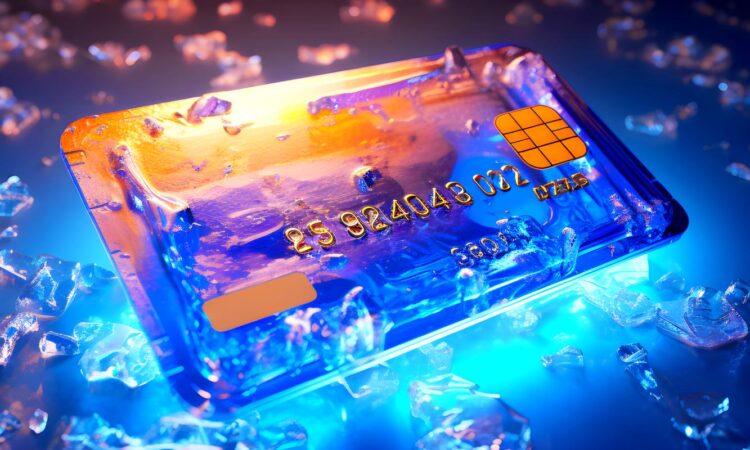U.S. Bank Pays $35,700,000 Fine for Freezing Tens of Thousands of Accounts at Height of Pandemic, Blocking Unemployment Benefits Without Proper Recourse: CFPB

The Consumer Financial Protection Bureau (CFPB) says U.S. Bank will pay $35.7 million in fines for freezing tens of thousands of prepaid debit card accounts and making it difficult for people to regain access at the height of the pandemic.
The agency says the bank blocked out-of-work Americans from accessing unemployment benefits on their ReliaCard prepaid debit cards, failing to provide a simple way for accounts suspected of fraud to regain access.
“U.S. Bank froze tens of thousands of accounts. However, it failed to provide people a reliable and quick way to regain access.
The bank also failed to provide provisional account credits, while investigating potentially unauthorized transfers.”
The bank will pay $5.7 million directly to people who were harmed by its actions, as well as a $15 million penalty to the CFPB and a $15 million penalty to the Office of the Comptroller of the Currency (OCC).
“At a time when unemployment was close to 15%, many out-of-work Americans throughout the country had little choice but to rely on U.S. Bank for their unemployment benefits.
U.S. Bank blocked access to accounts and demanded burdensome paperwork in order for consumers to regain access to their frozen benefits. U.S. Bank must comply with the law, and the CFPB and OCC are making the bank pay for its conduct.”
The bank has not issued a press release in response to the fines.
U.S. Bank is a wholly-owned subsidiary of U.S. Bancorp, based in Minneapolis.
The bank is the fifth-largest commercial bank in the country, with 2,000 branches in 26 states and $668 billion in assets.
Don’t Miss a Beat – Subscribe to get email alerts delivered directly to your inbox
Check Price Action
Follow us on Twitter, Facebook and Telegram
Surf The Daily Hodl Mix
 
Disclaimer: Opinions expressed at The Daily Hodl are not investment advice. Investors should do their due diligence before making any high-risk investments in Bitcoin, cryptocurrency or digital assets. Please be advised that your transfers and trades are at your own risk, and any loses you may incur are your responsibility. The Daily Hodl does not recommend the buying or selling of any cryptocurrencies or digital assets, nor is The Daily Hodl an investment advisor. Please note that The Daily Hodl participates in affiliate marketing.
Generated Image: Midjourney





